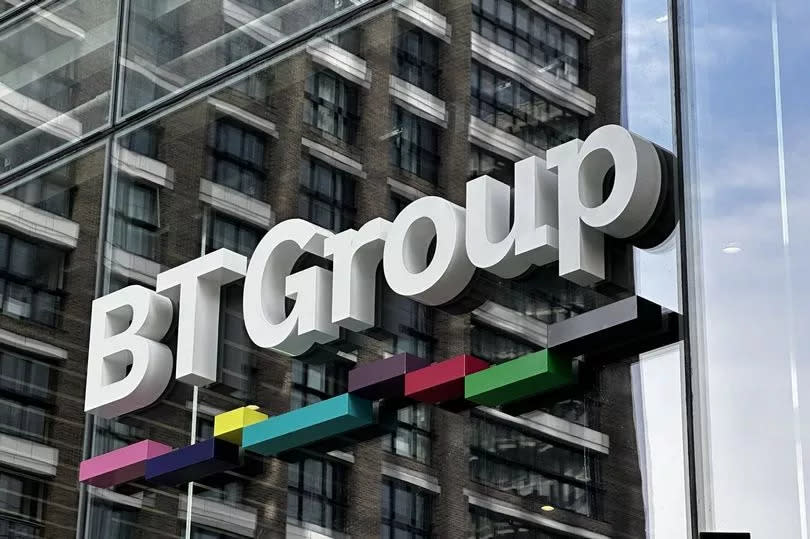BT delays digital switchover after concerns raised over vulnerable customers

BT has delayed plans to upgrade its network after concerns were raised over the impact on vulnerable customers who rely on landline-based personal alarms.
The group, which is also responsible for EE customers, had initially set out a timetable to force all customers away from ageing copper phone lines and onto its new digital network by the end of next year. However, it is now aiming to have moved all customers over by the end of January 2027, with this "revised" timetable allowing for improvements to be made to better protect vulnerable customers and those with additional needs, including telecare users.
Telecare alarm systems are emergency buttons which automatically call the emergency services when pressed via a user's landline, and are used by almost two million people in the UK. While telecare systems do work with digital landlines, a power cut or internet drop-out can cause them to fail, while copper phone lines typically continue to work even during power cuts, the PA news agency reports.
Earlier this month, Openreach, the company owned by BT responsible for fixed access infrastructure services, said that more than 80 locations across the UK would be upgraded to digital in the coming months, including some in the North East, as part of the plans that have now been delayed. The company said the move would halt the sale of legacy analogue products in more than 880,000 premises, with the change set to improve broadband speeds as well as affecting landlines.
It comes as the entire telecoms industry is in the process of upgrading landline services to new digital technology using an internet connection, such as Voice over Internet Protocol (VoIP), Digital Voice or All-IP telephony. Network operators including Openreach and CityFibre had already committed to ensuring that those who rely on telecare alarm systems are not left without a working device during the migration.
In December, telecoms firms including Virgin Media O2 and BT agreed to pause forcing customers on to the new digital phone network following a number of "serious incidents" involving the failure of personal telecare alarms. BT said that other customers, excluding landline-only customers, those who use telecare or who have additional needs, would still be contacted and offered the chance to switch to a digital landline provided over full fibre broadband, where available.
Howard Watson, chief security and networks officer at BT Group, said: "The urgency for switching customers onto digital services grows by the day because the 40-year-old analogue landline technology is increasingly fragile. Managing customer migrations from analogue to digital as quickly and smoothly as possible, while making the necessary provisions for those customers with additional needs, including telecare users, is critically important.
"Our priority remains doing this safely and the work we're doing with our peers, local authorities, telecare providers and key Government organisations is key. But more needs to be done and we need all local authorities and telecare providers to share with us the phone lines where they know there's a telecare user."
Which? director of policy and advocacy Rocio Concha said: "Vulnerable people must be protected during BT’s digital migration, including ensuring that telecare users and those who rely on their landline will always be able to contact emergency services when they need to.
"The transition to digital landlines is necessary and offers advantages but it's essential no one gets left behind. The Government and Ofcom must be prepared to take tough action if firms fail to live up to their responsibilities to customers."

 Yahoo News
Yahoo News 
